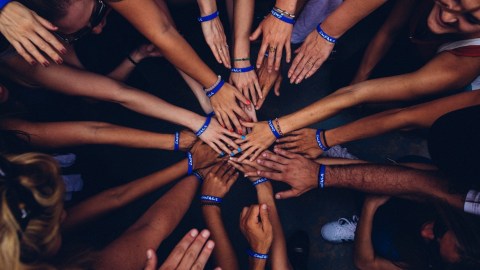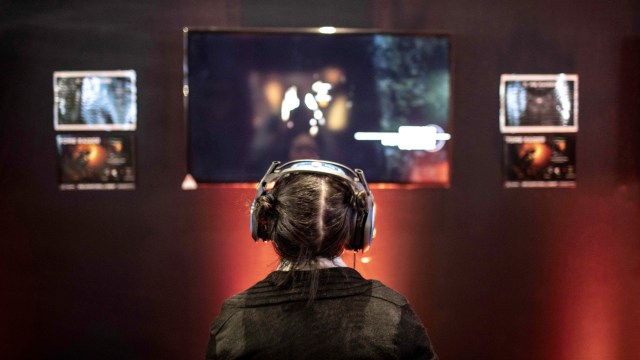Helping others improves your mood. Here’s why.

Photo credit: Perry Grone on Unsplash
- A meta-analysis of studies on altruism reveals that giving of any kind makes us feel good, but that our brain knows if we are being altruistic or are looking for a reward.
- This is the first study to separate findings on the brain’s response to giving based on motivation.
- This has implications for how to best reward those who help you, as misjudging their motivations may have negative effects.
A meta-analysis published in NeuroImage of 36 experiments on altruism involving more than 1,000 participants over the last ten years reveals that our brains experience the act of giving differently when we expect a reward and when we don’t. The study shows that not only can generosity improve your mood but that your motivation matters. The findings also open up new ways of looking at altruism and poses questions on how to best reward those with kind hearts.
What did they find out?
Researchers at the University of Sussex analyzed the existing research on what happens in the brain during and after decisions to give, help, or otherwise be kind. In doing so, they broke new ground by separating the results of when people act out of genuine altruism—when they know they aren’t getting anything out of helping—and when they make “strategic decisions” that can reasonably be thought to lead to some external reward.
While many studies have shown that the brain’s reward centers are more active after a generous act, thereby making us feel good and improving our mood, the researchers found that different areas of the brain are activated based on the motivation behind the generosity. While these reward responses overlap, they are distinct from one another. This suggests that the brain differentiates between our motives when rewarding itself for doing good.
Helping out with the expectation of external reward activates your striatal regions, a vital part of the brain’s reward system that is also activated when sex, food, and drugs are involved. More altruistic actions fire up the subgenual anterior cingulate cortex, which is typically engaged with ethics, morality, decision making, and emotion.
What does this mean for altruism? Does it still exist?
The authors of this study suggest that the fact that “any regions show greater activity during altruistic choices challenges the idea that strategic decisions encompass all the elements of altruistic decisions.” For the brain, there are two kinds of giving, and it rewards itself for doing either of them.
The question of if our brain rewarding us for behavior motivated by pure kindness means pure altruism can’t exist is outside the scope of this paper, but the findings still add to the debate. For the record, most philosophers and several prominent scientists think altruism for altruism’s sake does exist.
How can I use this information?
Co-author Jo Cutler suggests that these findings mean you should consider the different possible motivations people have when they are helping others. She warns of the potential pitfalls of rewarding people for their help when appealing to their altruistic side might be a better option:
Given that we know there are these two motivations which overlap in the brain, charities should be careful not to offer something which feels like a token gesture, as this might undermine a sense of altruism. Sending small gifts in return for a monthly donation could change donors’ perceptions of their motivation from altruistic to transactional. In doing so, charities might also inadvertently replace the warm glow feeling with a sense of having had a bad deal.
The same issues could also apply when we think about interactions between family, friends, colleagues or strangers on a one-to-one basis. For example, if after a long day helping a friend move house, they hand you a fiver, you could end up feeling undervalued and less likely to help again. A hug and kind words, however, might spark a warm glow and make you feel appreciated. We found some brain regions were more active during altruistic, compared to strategic, generosity so it seems there is something special about situations where our only motivation to give to others is to feel good about being kind.
Our brains react differently when we help out with the expectation of a reward and when we help out of the kindness of our hearts. This has implications for the best ways to reward people when they help you and for how we should judge other people’s motivations. This study also confirms that we can make ourselves feel better by helping others, even if we are acting for less than ideal reasons.
While this study won’t settle any debates on if true altruism exists, it does open up new ways of looking at the question. In the meantime, go help somebody out. You’ll do a good deed and feel better for it.





